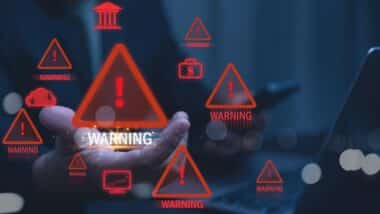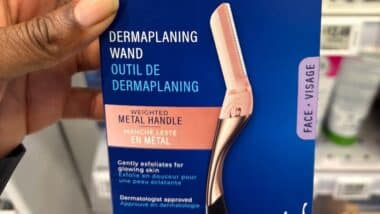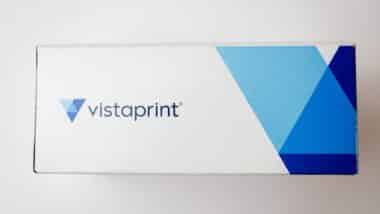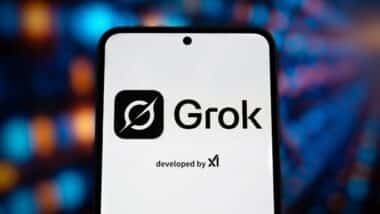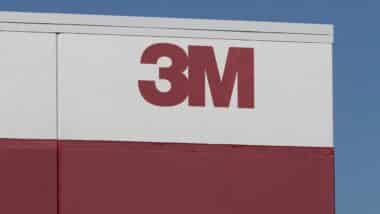 A new class of diabetes drugs has gotten more attention from regulators as new information about SGLT2 inhibitor drugs side effects becomes available.
A new class of diabetes drugs has gotten more attention from regulators as new information about SGLT2 inhibitor drugs side effects becomes available.
The new class, known as sodium-glucose cotransporter-2 inhibitors, or SGLT2 inhibitors, includes the drug Invokana.
These drugs help patients with type 2 diabetes keep their blood sugar levels under control by getting the kidneys to extract excess sugar from the blood and eliminate it through the urine.
SGLT2 inhibitors are approved by the FDA as treatments for type 2 diabetes. They have not been formally evaluated as a treatment for type 1.
FDA Warns About SGLT2 Inhibitors and Ketoacidosis
In May 2015, the FDA warned doctors and patients that Invokana and other SGLT2 inhibitors may lead to a dangerous condition known as ketoacidosis.
Ketoacidosis involves an increase in the blood’s acidity caused by the presence of an excess of ketones, which are by-products of fat metabolism.
Ketoacidosis is not an unknown risk for diabetes patients. Diabetic ketoacidosis is typically a complication of type 1 diabetes and not necessarily type 2. It also usually occurs in the presence of higher than normal blood sugar levels.
As the FDA has noted, the ketoacidosis associated with SGLT2 inhibitor drugs side effects is not typical diabetic ketoacidosis. It tends to affect patients with type 2 diabetes, and their blood sugar levels during their ketoacidosis episodes are only slightly elevated.
These lower than expected blood sugar levels caused a delay in treatment in some cases, the FDA says.
The FDA followed up on its May 2015 warning with a December 2015 label change for Invokana and other SGLT2 inhibitors. The new label will describe the risk of ketoacidosis and provide prescribing and monitoring recommendations.
Manufacturers of SGLT2 inhibitors will also be required to conduct a postmarketing study, analyzing spontaneous reports of SGLT2 inhibitor drugs side effects and following up with patients over the course of five years.
The FDA’s warning and label change were prompted by a review of its adverse event reporting system. That review yielded 73 reports from March 2013 to May 2015 of ketoacidosis in patients being treated with SGLT2 inhibitors.
The agency noted that there may have been other cases that went unreported during that time.
With the label change, the agency now recommends patients stop taking their SGLT2 inhibitors immediately and seek medical attention if they experience any symptoms of ketoacidosis.
These symptoms can include “nausea, vomiting, abdominal pain, tiredness, and trouble breathing,” the agency says.
Other SGLT2 Inhibitor Drugs Side Effects
The FDA’s December 2015 announcement also notes that between March 2013 and October 2014, the agency received 19 reports of urinary tract infections in SGLT2 inhibitor patients, infections that developed into either life-threatening blood infections or kidney infections.
All these cases required hospitalization, and some ended in kidney failure requiring dialysis or intensive care treatment.
According to the FDA, other SGLT2 inhibitor drugs side effects include dehydration, yeast infections and increased blood cholesterol. The drugs can also lead to low blood sugar when used in combination with other diabetes medications.
In general, Invokana lawsuits are filed individually by each plaintiff and are not class actions.
Do YOU have a legal claim? Fill out the form on this page now for a free, immediate, and confidential case evaluation. The attorneys who work with Top Class Actions will contact you if you qualify to let you know if an individual lawsuit or class action lawsuit is best for you. Hurry — statutes of limitations may apply.
ATTORNEY ADVERTISING
Top Class Actions is a Proud Member of the American Bar Association
LEGAL INFORMATION IS NOT LEGAL ADVICE
Top Class Actions Legal Statement
©2008 – 2026 Top Class Actions® LLC
Various Trademarks held by their respective owners
This website is not intended for viewing or usage by European Union citizens.
Get Help – It’s Free
Join a Free Invokana Class Action Lawsuit Investigation
If you or a loved one suffered ketoacidosis or kidney failure after taking Invokana, you may have a legal claim. See if you qualify to pursue compensation and join a free diabetes medication class action lawsuit investigation by submitting your information for a free case evaluation.
An attorney will contact you if you qualify to discuss the details of your potential case.
Please Note: If you want to participate in this investigation, it is imperative that you reply to the law firm if they call or email you. Failing to do so may result in you not getting signed up as a client, if you qualify, or getting you dropped as a client.
Oops! We could not locate your form.

